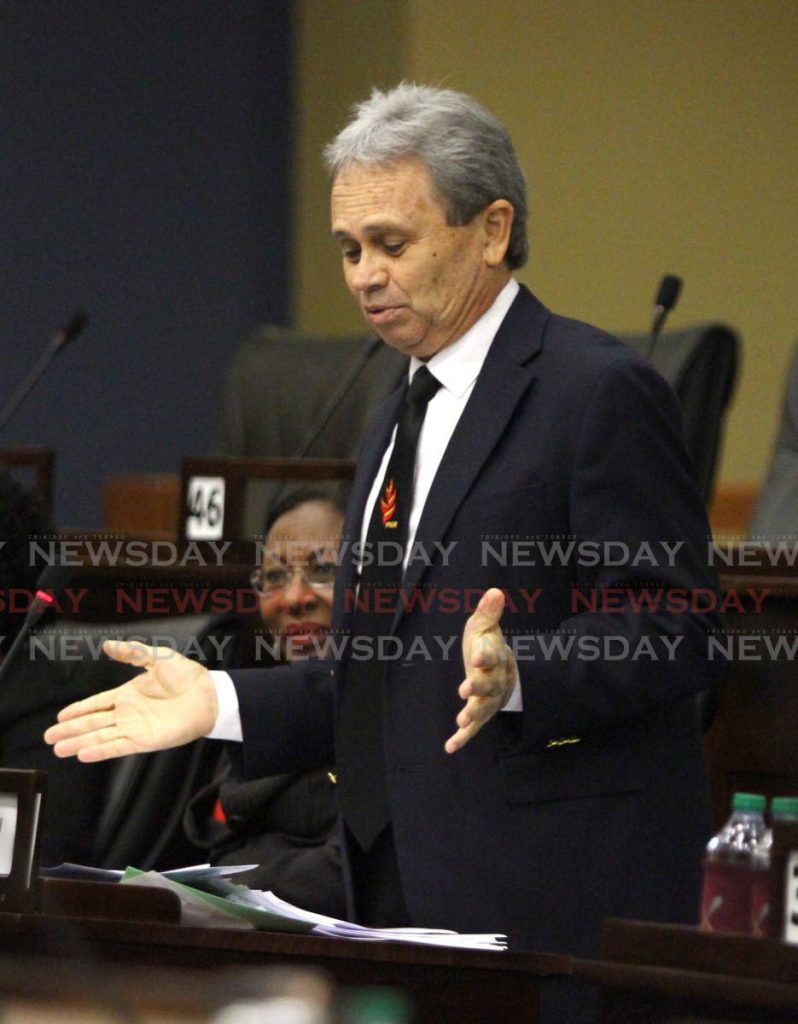Our NIS problem

THE EDITOR: I noted with great interest Finance Minister Colm Imbert's recent lamentation about the shortfall in National Insurance Scheme (NIS) contributions.
In 2007, Cecil Sylvester, who was an excellent local financial consultant, in his book Money-Wise, wrote that "...we are likely to experience a crisis in our national insurance pension programme, because there are less young people per capita working to contribute to the scheme" (pg 10).
The People's Partnership government, in its 2012-2013 budget, tried to bring the self-employed into the NIS family.
Colm Imbert and the PNM, which was then in opposition, vehemently resisted any effort to do so during the Finance Bill debate.
Hansard of January 28, 2013, when the bill was debated and passed, has some interesting revelations about the NIS.
Then finance minister senator Larry Howai said the "fund is underfunded" and "a smaller and smaller working population will be providing for a larger and larger retired population" (Hansard, pg 299).
Howai proposed increasing contributions and "to allow the compulsory inclusion of self-employed persons in the national insurance system" (Hansard, pg 300).
Imbert, in his response for the PNM, said that a compulsory inclusion would require a special majority of Parliament and that there were 130,890 self-employed people with 30,607 aged 50 and over.
He also took umbrage with a proposal the 30,607 self-employed over age 50 to get age credits to qualify for a NIS grant. He said these people would not have contributed or only made minimal contributions (Hansard, pgs 312-313).
The clincher was that Imbert calculated that the grant for the 30,607 self-employed would cost the NIS an additional $1.5 billion (Hansard, pg 314).
Fast forward eight years later to February 23. With the PNM now in government, current Finance Minister Imbert visited the Senate to answer a question on whether a feasibility study was being done to include sole traders in the NIS.
He opined that "in all studies over the years, the introduction of self-employed people into the national insurance system requires a substantial initial financial contribution by the Government in the millions of dollars to cater for older and low-income self-employed persons and it is not readily apparent that this contribution can ever be recovered" (Hansard, pgs 13-14).
It is clear that games are being played with the NIS. There is no need to pay a full NIS grant to those who have made zero or little contributions.
If any government was serious about including the self-employed, it would put a structured system in place.
On June 28, Imbert, speaking in the House, boasted that "the NIS fund currently stands at almost $28 billion, enough "to last for another 22 years" (Hansard, pg 5).
One does not know whether to laugh or cry.
LINUS F DIDIER
Mt Hope


Comments
"Our NIS problem"